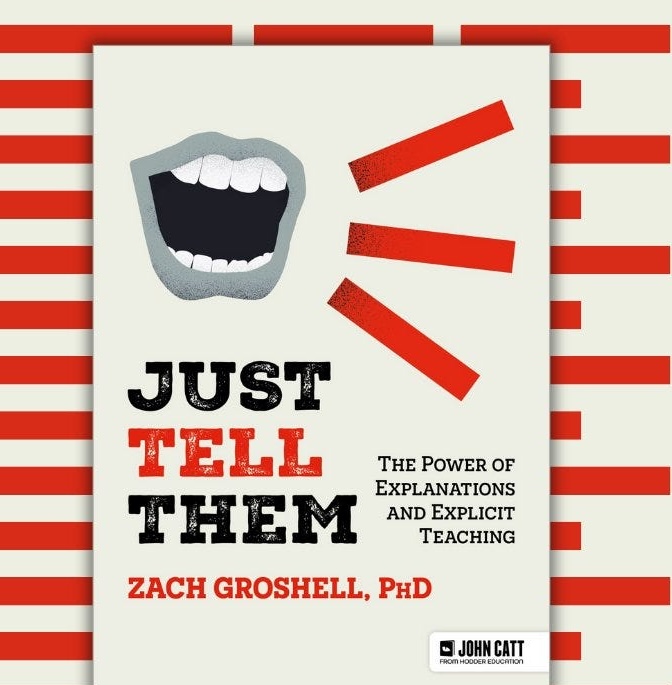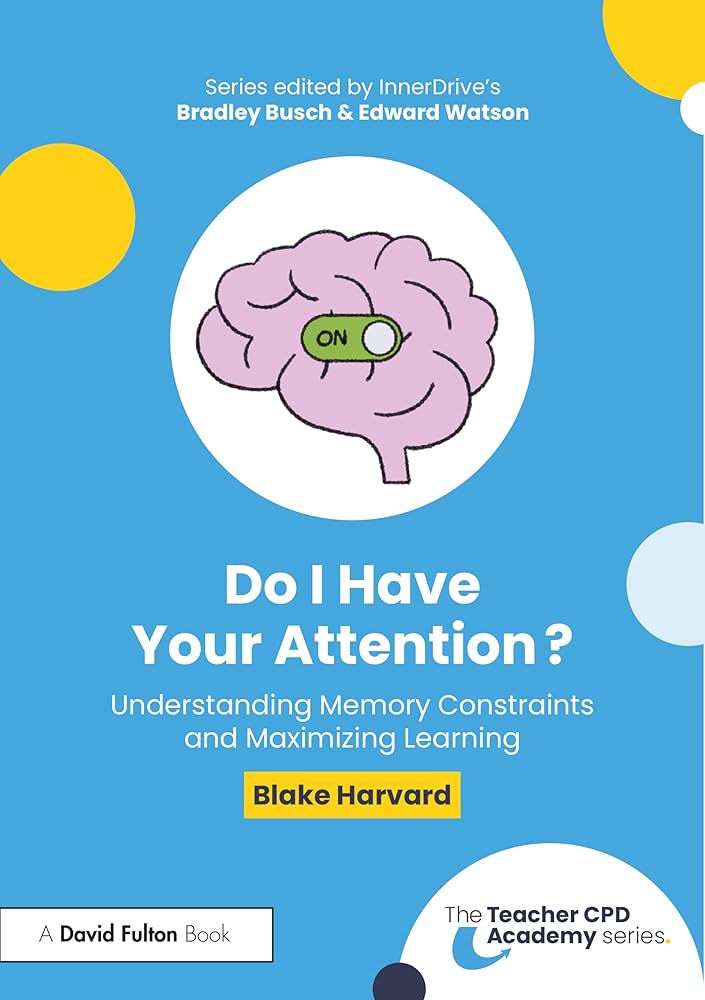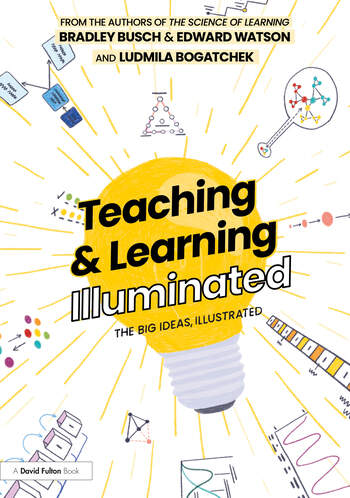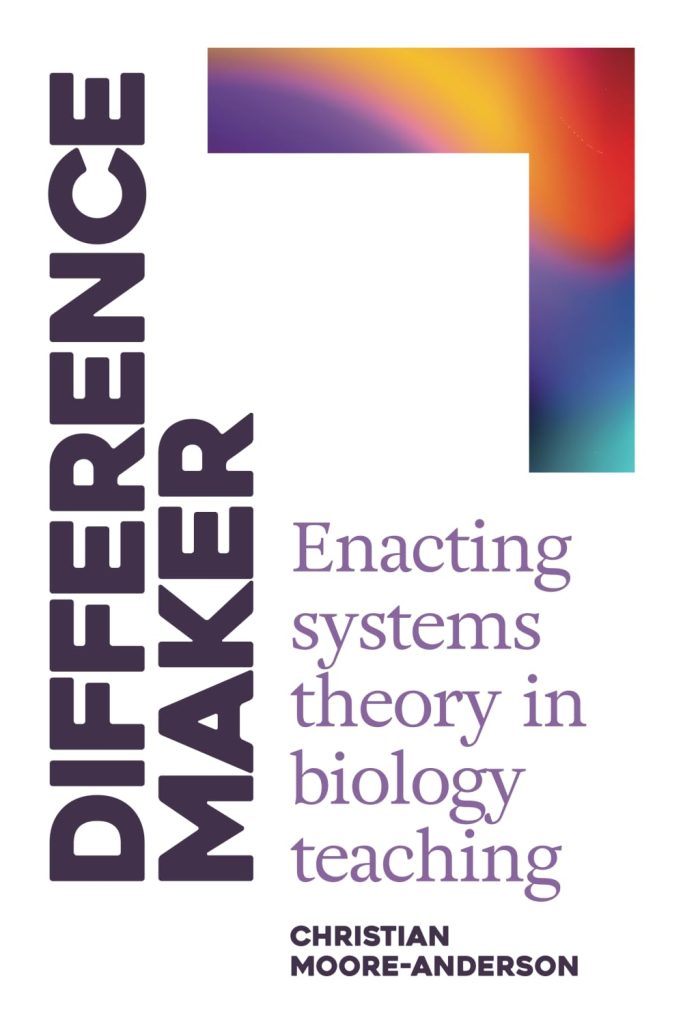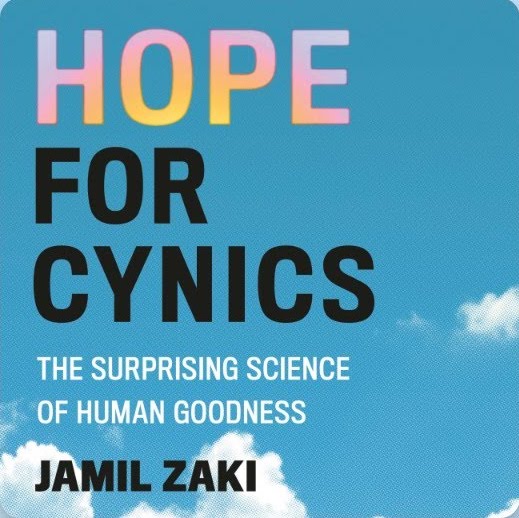Learning and the Brain Blog
I spend most of my professional life talking in front...
Motivation has been a HOT TOPIC this year in all...
The sage-on-the-stage is not the enemy. For years, educators have...
This guest review of Blake Harvard's Do I Have Your Attention...
Do we want our students to ENJOY math, or to...
Last week, I described my enduring concerns about "embodied cognition." I'm...
The more time I spend hearing "research-informed educational advice," the...
From The Science of Learning, Bradley Busch, Edward Watson, and...
I don't often repost articles, but I think this one...
Researchers can provide guidance to teachers by looking at specific...
As I wrote last week, thinkers in edu-world often make...
Over on eX/Twitter, a debate has been raging -- with...
Today's book review is by Beth Hawks. Teaching Science is...
When I first picked up Hope for Cynics: The Surprising...
Teachers, students, people: we spend lots of our time figuring stuff...




